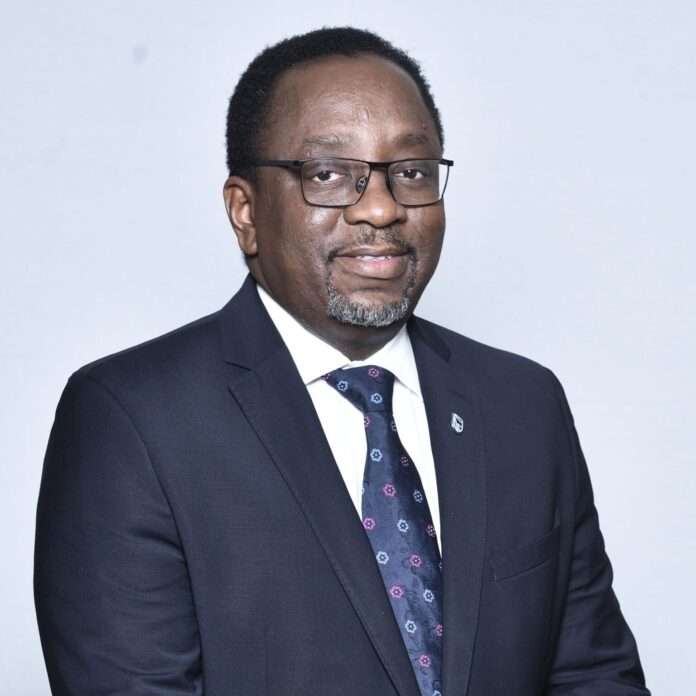

By Olakunle Oke
Legal scholar and governance expert, Professor Fabian Ajogwu, OFR, SAN, has called for a radical shift towards ethical and accountable leadership in Nigeria, warning that the nation’s governance crisis can only be solved through integrity-driven service and sustainable institutions.
At the investiture of Mr. Adetunji Oyebanji as the 19th President of the Chartered Institute of Directors (CIoD) Nigeria, Prof. Ajogwu delivered a stirring keynote address titled “Leadership, Legacy, and the Future of Governance: Charting a New Direction.”
Speaking at the event held on September 11, 2025, at The Harbour Point, Victoria Island, Prof. Ajogwu underscored that leadership must go beyond ceremonial roles to service rooted in purpose and accountability. He noted that the Institute occupies a pivotal position as “the conscience of corporate leadership in Nigeria” at a time when the country is grappling with urgent governance challenges.
According to him, true leadership is measured by service and conviction rather than titles or positions.
Citing global figures such as Gandhi and Mandela, he stressed that legacy is defined by the values leaders instill, the institutions they strengthen, and the lives they transform. “Every leader must consider: what will endure after my tenure?” he asked, urging Nigerian directors and policymakers to prioritise ethics and transparency.
Ajogwu identified six critical aspects of leadership legacy: vision, foundation, intentional focus, meaningful relationships, resiliency, and sustainability.
He also drew on Donald Krause’s SPARKLE framework, emphasising self-discipline, purpose, accomplishment, responsibility, knowledge, leadership, and example as indispensable leadership traits.
He warned that Nigeria’s governance system must adapt to new realities shaped by climate change, technological disruption, and global competition.
Among the emerging frontiers, he highlighted the integration of Environmental, Social, and Governance (ESG) principles, digital transformation, hybrid governance models, and the need for ethical leadership.
Referencing local reformers such as Dr. Ngozi Okonjo-Iweala, Mr. M.K. Ahmad, and Justice Samson Uwaifo, as well as global figures like Yvon Chouinard of Patagonia, Ajogwu illustrated how purposeful leadership can leave lasting institutional legacies.
He also stressed the role of followership, recalling Chinua Achebe’s famous observation that Nigeria’s problem is “simply and squarely a failure of leadership.” Ajogwu added that citizens must also play their part by demanding accountability and supporting transformative leaders.
In charting a way forward, he proposed four anchors: recommitment to values-based leadership, strengthening of institutions, deliberate investment in the next generation, and partnerships across sectors and borders.
Concluding, Ajogwu declared that the future of governance in Nigeria requires a radical shift towards ethical, adaptive, and sustainable leadership.
“The responsibility is clear: our problems are ours to solve. No one but us owes our societies a future,” he said, urging both leaders and citizens to embrace integrity, build legacies, and forge governance systems that will make the nation proud.










